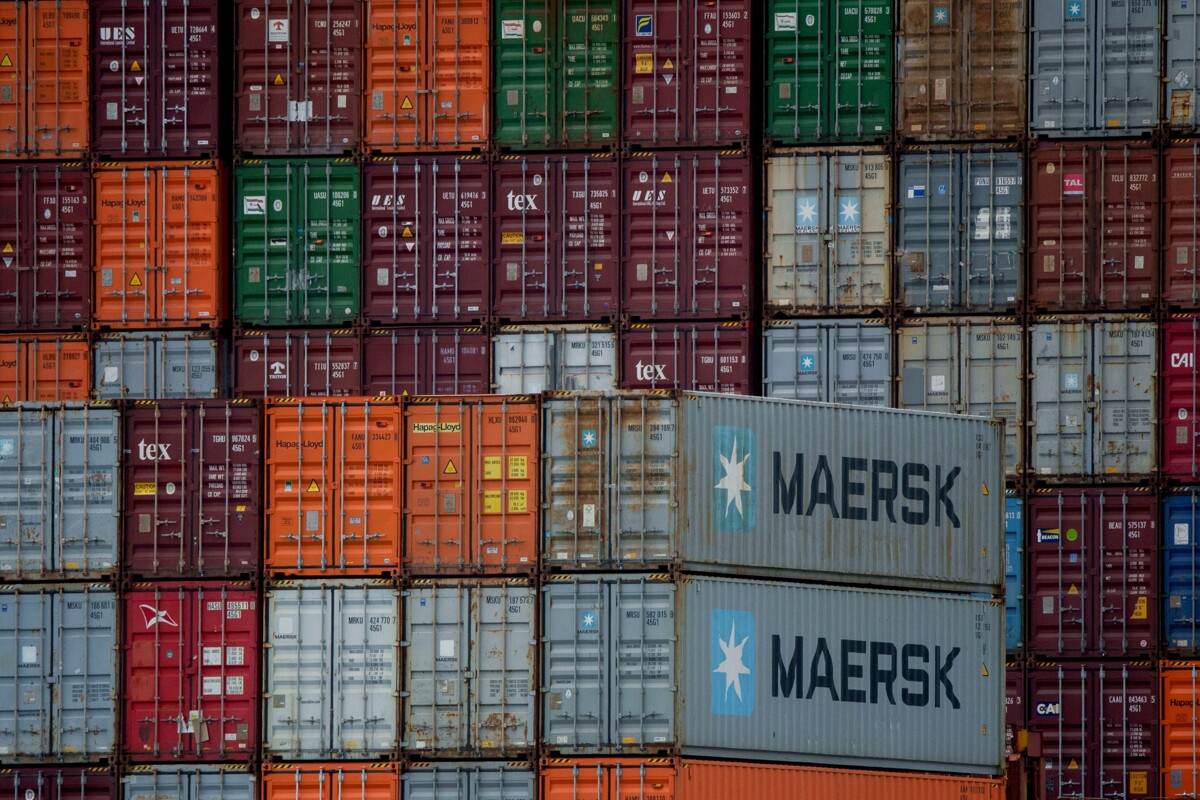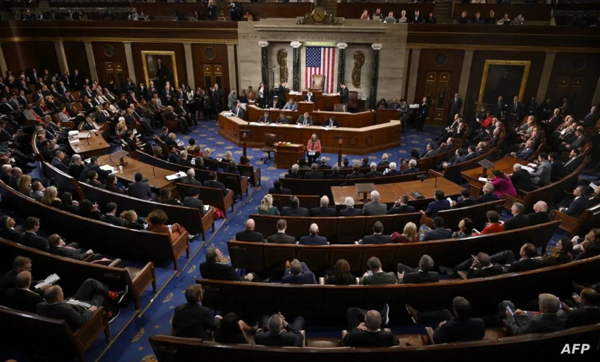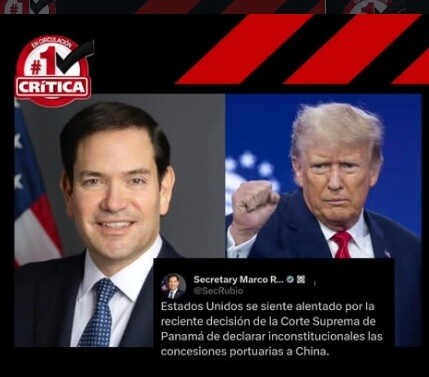
The President of the United States, Donald Trump, has imposed tariffs of 25 percent on all imported products from Mexico and Canada, with the exception of oil and Canadian energy, which are taxed at 10 percent, as measures to curb illegal immigration, fentanyl trafficking, and reduce the trade deficit. Trump has set deadlines and generated uncertainty in the regional economy.
In response, Mexico committed to sending 10,000 National Guard troops to its southern border to combat drug trafficking. However, automotive CEOs expressed concern over the generated uncertainty and possible impacts on the supply chain and the industry's competitiveness.
Trump granted a one-month extension for the tariffs on automobiles to allow more negotiation time and assess the impact. Meanwhile, the CEOs of GM, Ford, and FCA requested a reconsideration of these tariffs, citing potential cost increases, job losses, and supply chain issues in North America.
Despite apparent achievements, it is questioned whether this trade strategy responds to genuine economic interests or political calculations. Amid the uncertainty, resignations were recorded in the Mexican Ministry of Finance, surprising many.
The delivery of drug traffickers to the United States marked a break in the protection policy of criminal groups in Mexico. In an environment of financial instability, uncertainty in the exchange rate remained, while the impact of the tariffs was debated and to what extent the trade relationship between both countries can be maintained without breaking.














